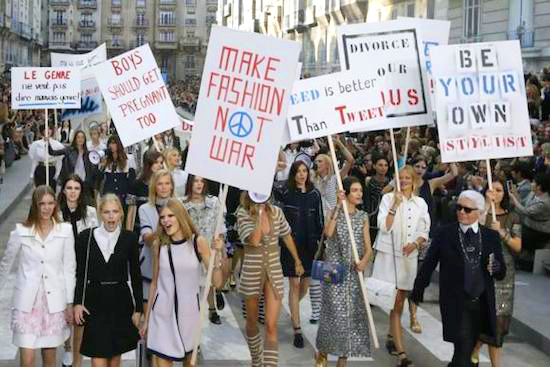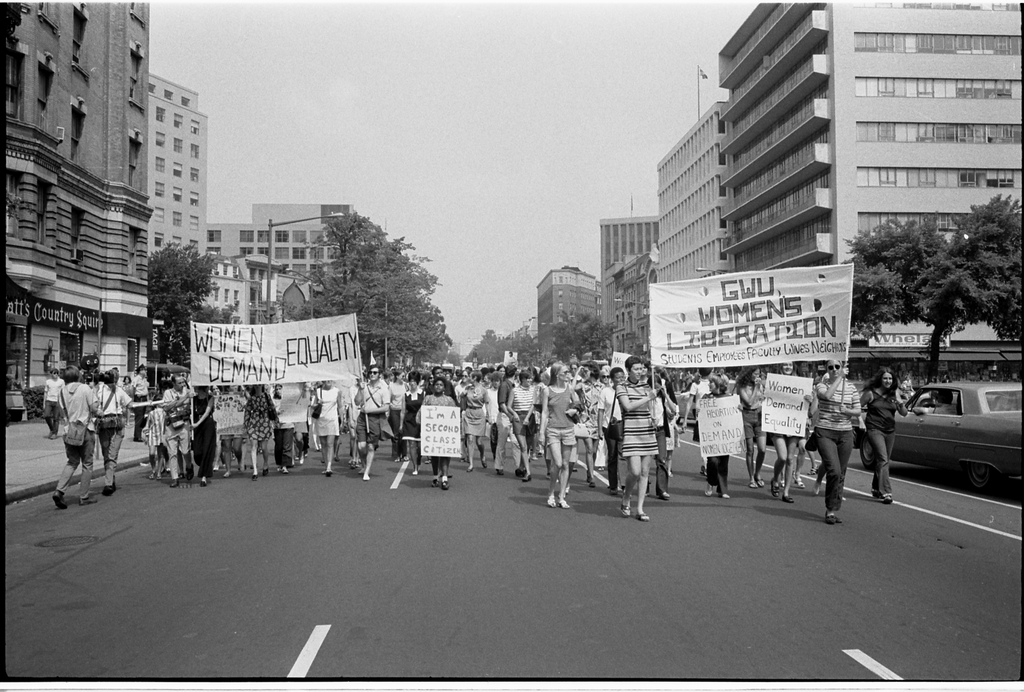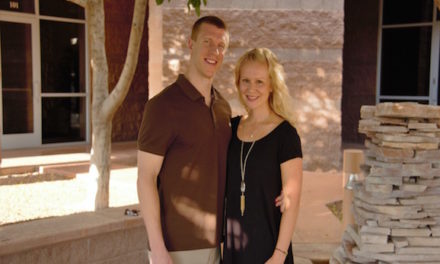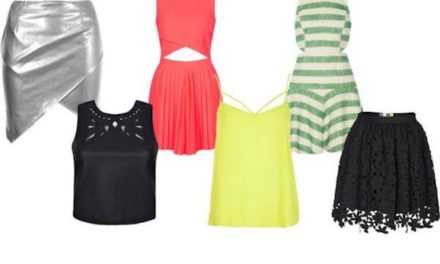In looking back at 2014, I think it would be safe to call this the Year of Feminism. From feminist icons such as Beyoncé and Taylor Swift making the word trendy, and hashtag movements such as #YesAllWomen shining light on the daily struggles females endure, feminism is no longer a “scary” word.
Despite Time Magazine including “feminist” on their list of words to leave in 2014, I say it is exactly this word that catapulted the postmodern feminist movement this year.
For years, people associated feminism with something negative or too radical for their lifestyles. They were afraid to declare themselves as feminists because they didn’t fully understand what it meant to be one.
The standing idea of feminism is the bra-burning, no-shaving, man-hating radicals of the 70s in all their female empowerment glory. This couldn’t be further from what postmodern feminists stand for, however.
Radical feminism is the idea that men are to blame for women’s oppression. Consequently, men must be punished and removed entirely from the equation in order for women to gain their rights.
Postmodern feminism, on the other hand, does not blame men for female oppression. Instead, feminists encourage and enlist the help of men in order to achieve equality. Postmodern feminists are asking men to join in the conversation and contribute to not only a female movement, but a movement toward equality for both genders.
Feminism as it stands today has a goal simply of equality. Feminists have no hidden agendas, nor are they standing around with stakes of fire ready to burn any man who gets in their way. Instead, this current movement is about educating men and women about the inequalities that still exist today. What feminism is working toward is a society that treats both genders equally, not as one being greater or more deserving than the other.
It wasn’t until halfway through 2014 that I declared myself a feminist, and honestly I have never felt more sure or confident in my beliefs. While I was excited to share feminism with the world, it wasn’t entirely ready to accept it.
On multiple occasions where I would bring up the fact that I am a feminist in conversation, I would be met with surprised faces and questions such as “So you hate men?” and “Well what is your stance on abortion?” I was even cautioned on including the word feminist on my resume, because “employers might be intimated by the word and thus not hire me.”

The feminist protest that took place after the Chanel Paris Fashion Week 2014 runway show both inspired and sparked controversy.
My response: I wouldn’t want to work for a company that didn’t believe in equality. Feminism is no longer an issue solely for women, but for men too. If you stand for basic human rights, then consider yourself a feminist.
It is only through education, and continuing to use the word “feminism” into 2015 and beyond that we will begin to make strides toward our ultimate goal. What stance will you take?


















